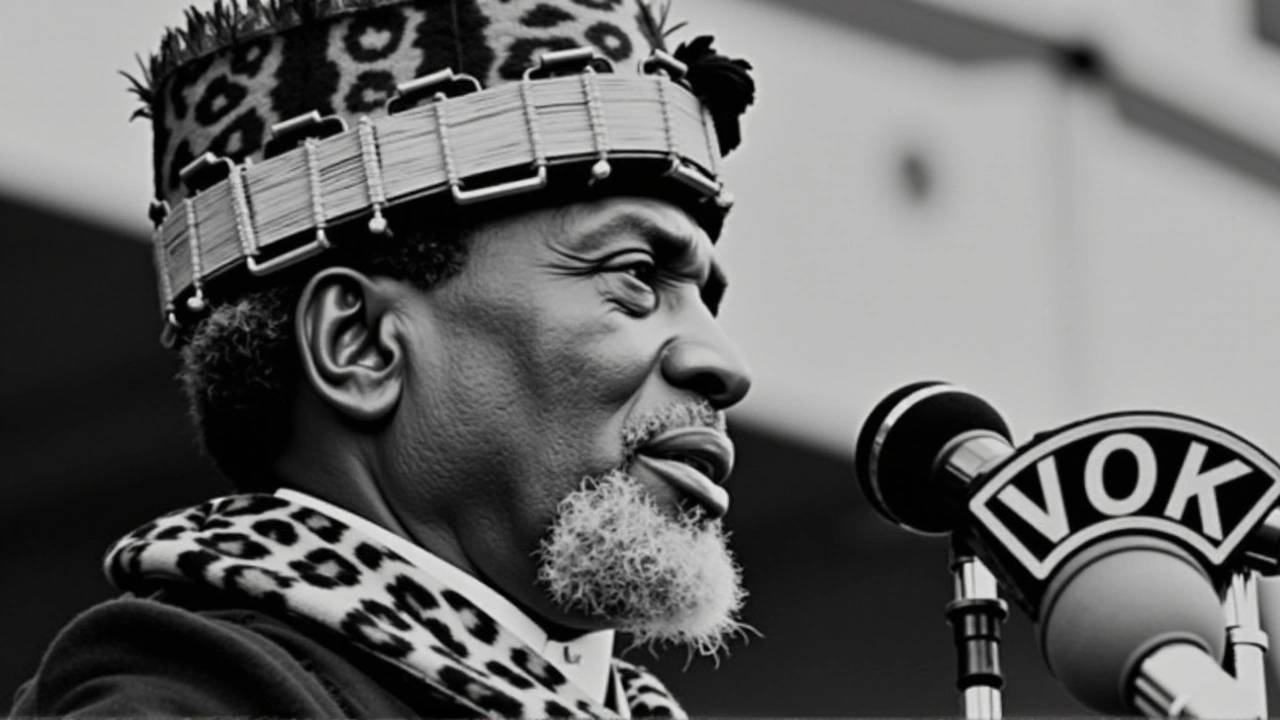What Is Colonialism and Why Should You Care?
Colonialism is a term you hear a lot, especially when talking about history and how countries like South Africa developed. But what does it really mean? In simple terms, colonialism is when one country takes control over another region or people, often far from its own borders, to exploit resources, land, and labor. This isn't just about old history; the effects of colonialism are still visible in many countries today.
In South Africa, colonialism started with European powers like the Dutch and British settling and ruling the land. It wasn't just about claiming territory — it reshaped the culture, economy, and social systems. Native groups were pushed out of their own lands, and new laws and governments were made without their consent. This caused long-lasting inequalities and tensions.
The Lasting Impact of Colonialism on Society
One big way colonialism changed society was through land distribution. Large areas of fertile land were taken from indigenous people and given to settlers, creating wealth gaps and social divisions. This setup contributed to the racial segregation system known later as apartheid, where non-white South Africans faced discrimination and exclusion from opportunities.
Besides land, colonialism altered languages, education, and governance. European languages like English and Afrikaans became dominant, while local traditions and languages were often sidelined. The education system was designed to serve colonial interests, limiting what local communities could learn or do politically.
Why Understanding Colonialism Matters Today
It’s easy to think of colonialism as just part of the past, but knowing its history helps explain many current challenges. Economic disparities, political struggles, and social divisions in South Africa and other colonized countries all trace back to this era. Recognition of these issues is key for creating policies that promote fairness and healing.
Also, awareness of colonial history can change the way we see cultural identity and community. It allows people to reclaim lost heritage and learn from the past to build a more inclusive future.
Want to learn more? South Africa Outdoor News covers stories that connect the past with today’s outdoor and environmental issues, showing how history shapes landscapes and lives. Keep exploring to see how colonialism’s legacy continues to influence our world.
Unmasking Jomo Kenyatta: The Complex Legacy of Kenya's First President
Jomo Kenyatta, often glorified as Kenya's 'father of the nation,' played a key role in the struggle for independence from British colonial rule. However, his true legacy includes elements of authoritarianism and cultural conservatism, masked by his skillful self-mythologizing through literature. This article explores the complex and multifaceted aspects of Kenyatta's contributions and shortcomings.
Read More
